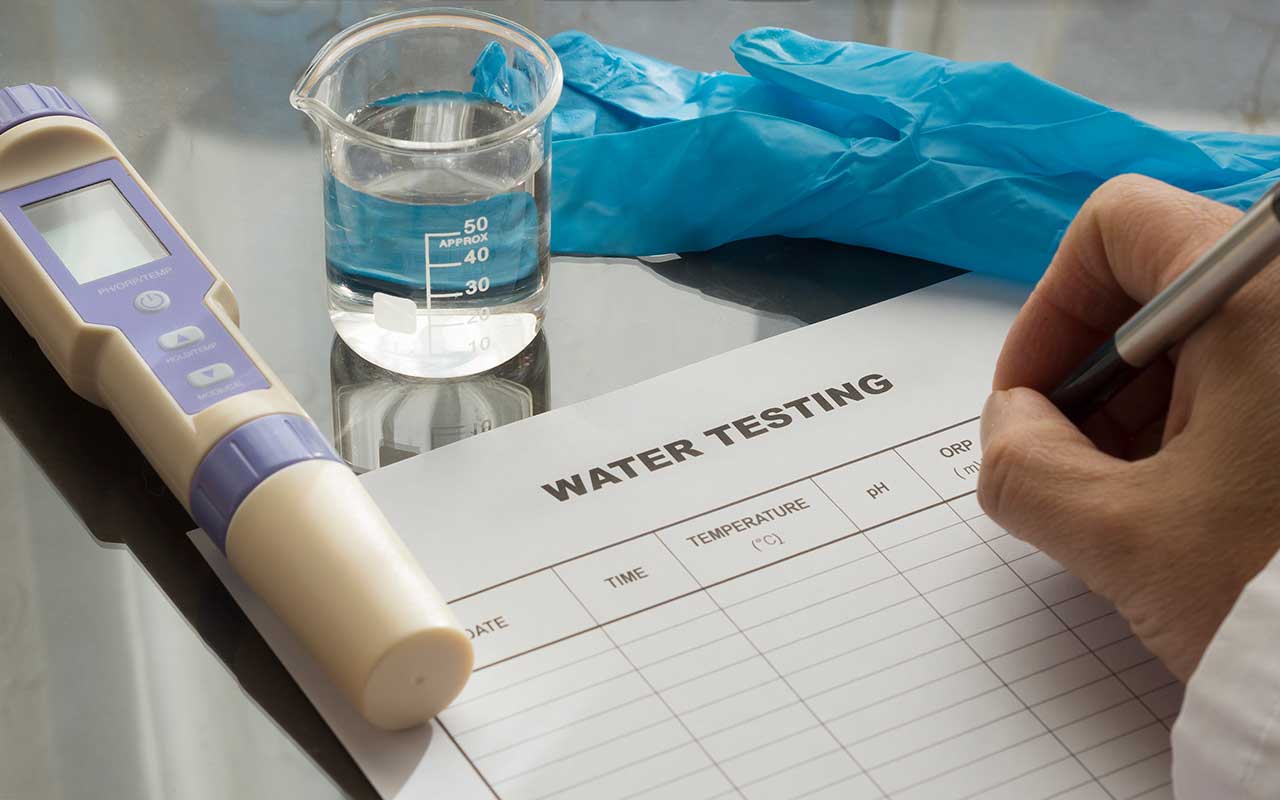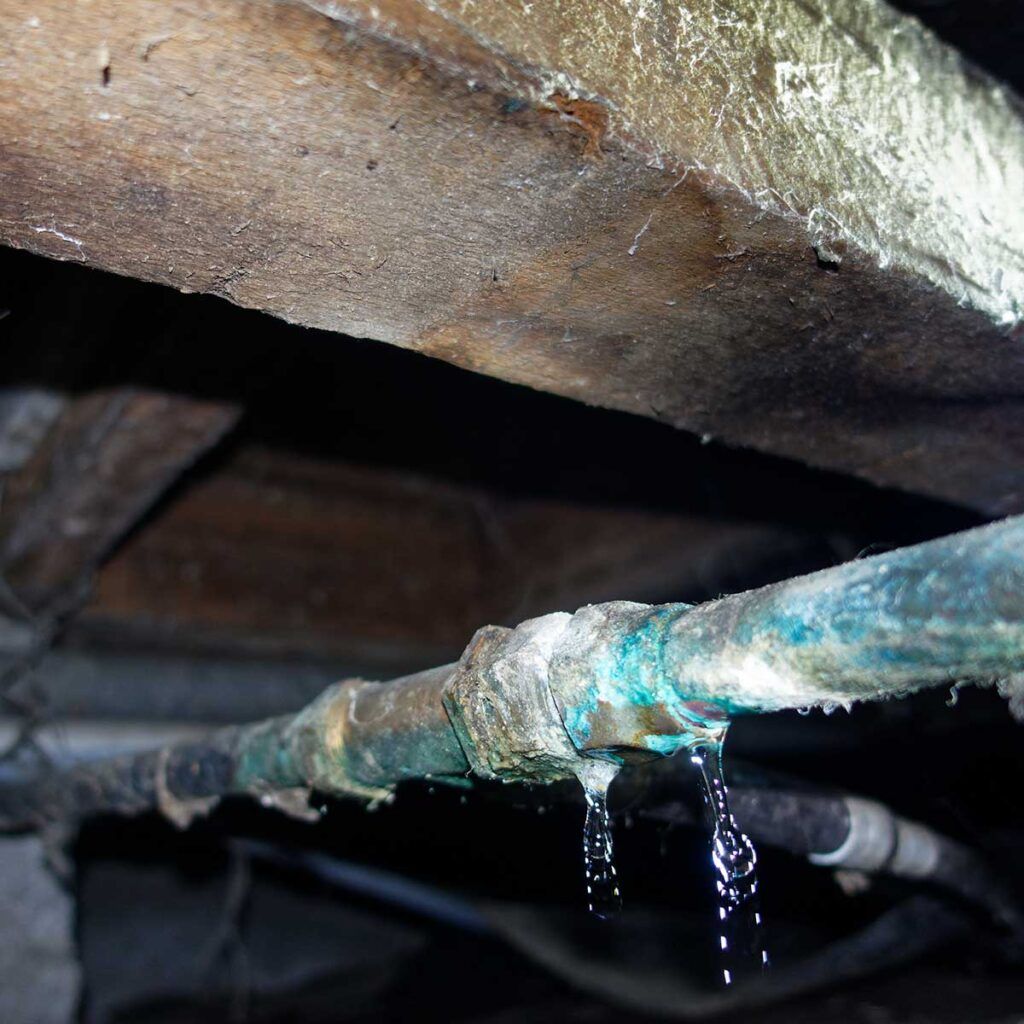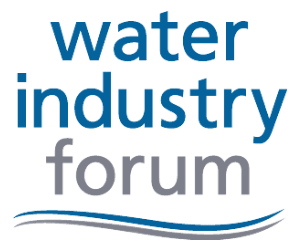Maintaining Water Safety in UK Business Premises:

The Importance of Water Testing and Treatment
Water testing plays a crucial role in identifying potential issues or contaminants that may pose risks to the health and well-being of occupants and visitors. By regularly testing water samples, landlords, owners, and tenants can proactively address any concerns and take appropriate measures to maintain water quality.
Types of Water Testing
There are various types of water tests available to assess the quality and safety of water supplies. Microbiological testing focuses on detecting the presence of harmful microorganisms such as bacteria, viruses, and parasites. This test helps identify potential sources of waterborne diseases and ensures that the water is free from harmful pathogens. Chemical analysis, on the other hand, examines the composition of water by analysing parameters such as pH, dissolved minerals, heavy metals, and chemical contaminants. This type of testing helps identify any chemical imbalances or pollutants that may pose health risks. Additionally, specific contaminant testing targets known contaminants or substances of concern, such as lead, pesticides, nitrates, or volatile organic compounds (VOCs). By conducting these specific tests, potential issues can be identified and addressed promptly, ensuring the overall safety and quality of the water supply.
Prevention and Maintenance:
Taking proactive measures to prevent water-related issues is essential for maintaining water safety in UK business premises. Regular inspection and maintenance of water systems can help identify potential risks and address them before they escalate.
Here are some practical tips and advice:

- Implement Regular Cleaning and Disinfection: Regularly clean and disinfect storage tanks, pipes, and outlets to prevent the accumulation of sediments, biofilms, and bacteria. Use appropriate cleaning agents and follow recommended procedures.
- Maintain Adequate Water Flow: Ensure proper water flow to prevent stagnation, which can promote bacterial growth. Regularly flush unused outlets and ensure adequate water circulation throughout the system.
- Monitor and Control Water Temperature: Legionella bacteria thrive in warm water. Keep water temperatures in control and below the optimal range for bacterial growth (20-45 degrees Celsius). Regularly monitor and adjust hot water temperatures accordingly.
- Educate Occupants and Staff: Raise awareness among occupants and staff about the importance of water safety. Provide guidelines on proper water usage, reporting of water-related issues, and the prevention of contamination.
- Conduct Regular Inspections: Regularly inspect the water systems for any signs of damage, leaks, or corrosion. Address any issues promptly to prevent further damage or water quality deterioration.
- Engage Professional Water Treatment Services: Consider partnering with a reputable water treatment company like Aqua Engineering. We can provide expert guidance, perform comprehensive water testing, and offer tailored solutions to maintain water safety and compliance.
By following these preventive measures and implementing regular maintenance practices, you can significantly reduce the risk of water-related issues, safeguard the health of occupants, and maintain water safety in your business premises.
Safeguard Your Business with Aqua Engineering:
Your Trusted Partner in Water Safety
Take proactive steps to ensure water safety in your business premises. Contact Aqua Engineering today for expert advice, comprehensive water testing, and tailored solutions to meet your specific needs.
Our team of water safety professionals is here to assist you in maintaining a safe and healthy water supply. Don’t wait until it’s too late – prioritise water safety and protect the well-being of your occupants and visitors.
Legionella Awareness Training
If you are interested in furthering your knowledge on legionella prevention and awareness, we offer an informative and user-friendly online legionella awareness course on the website.





